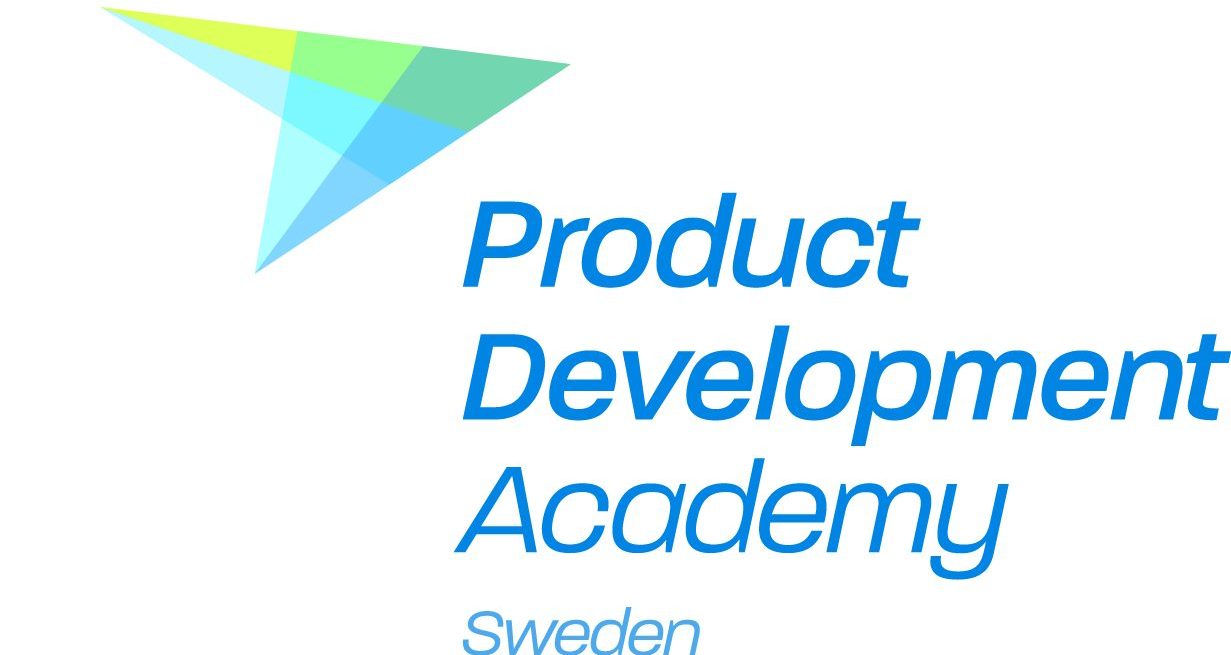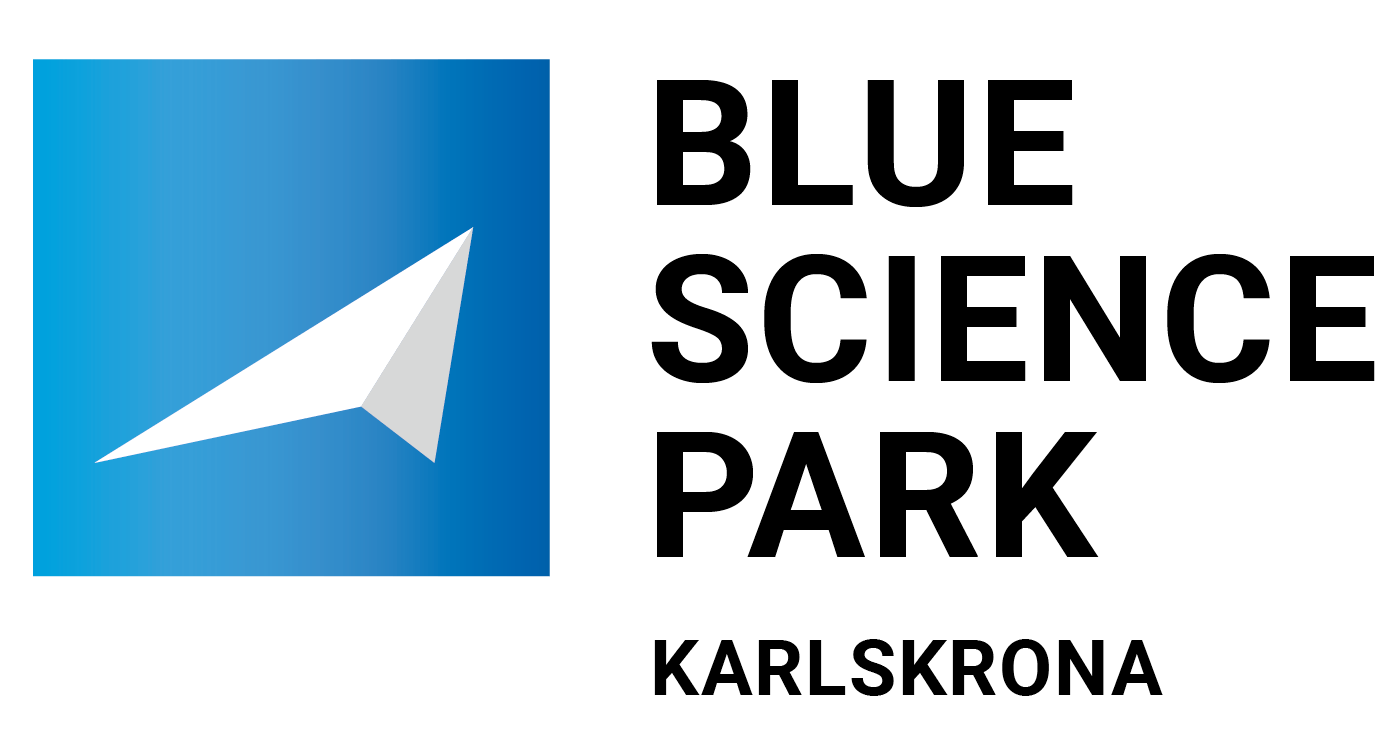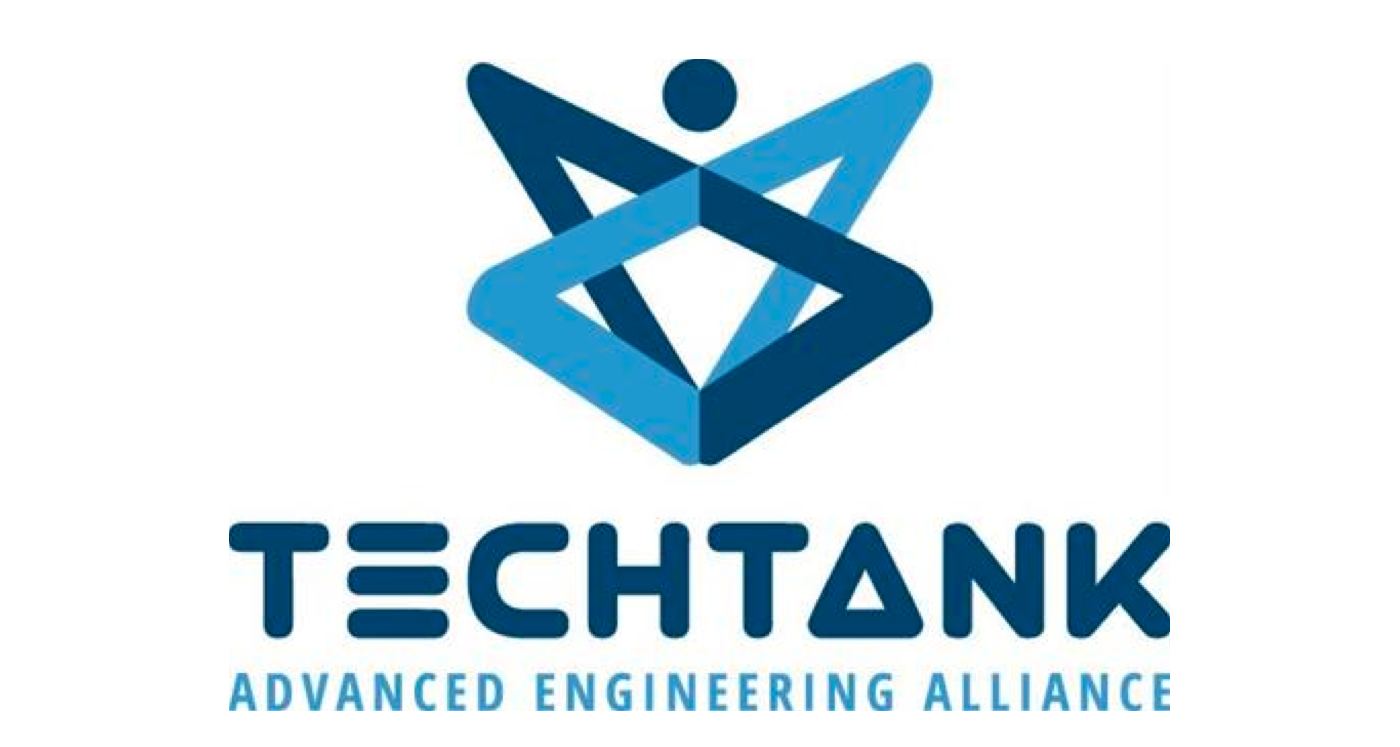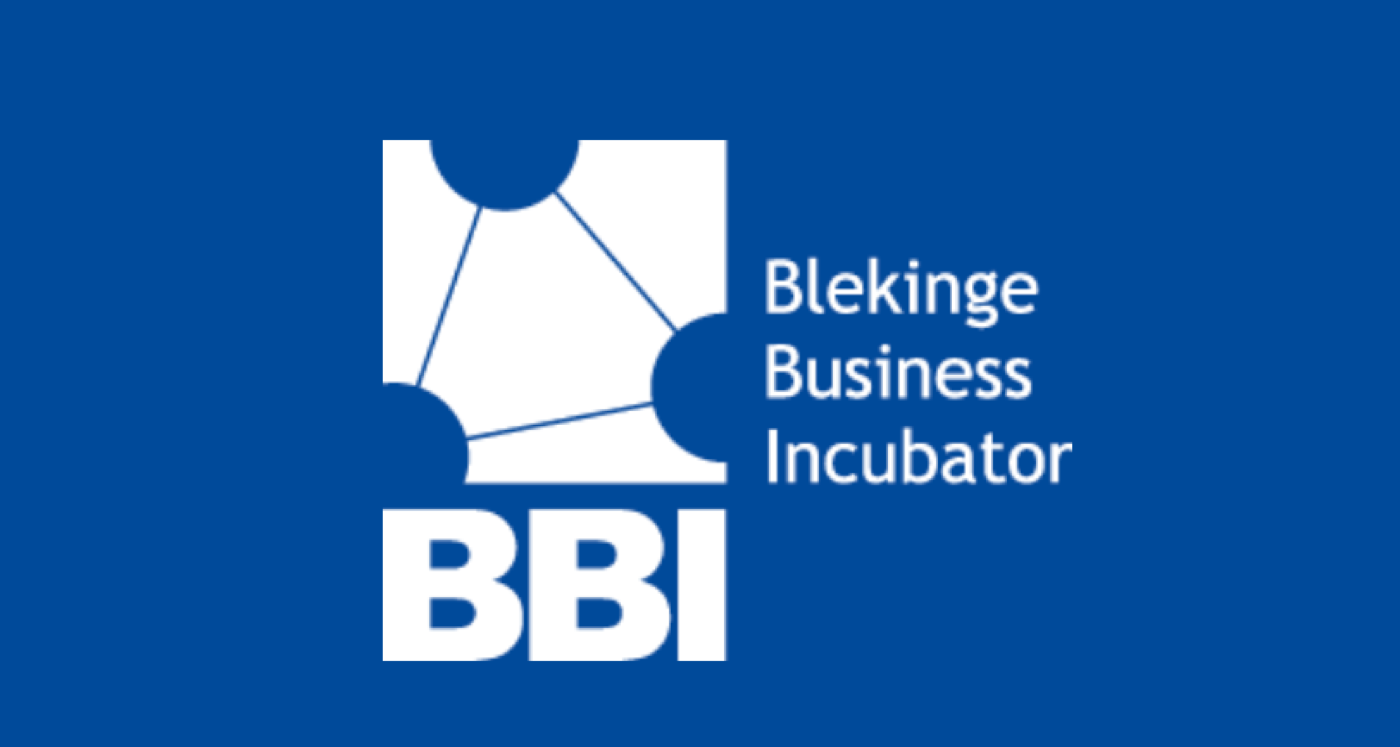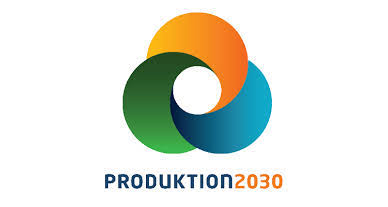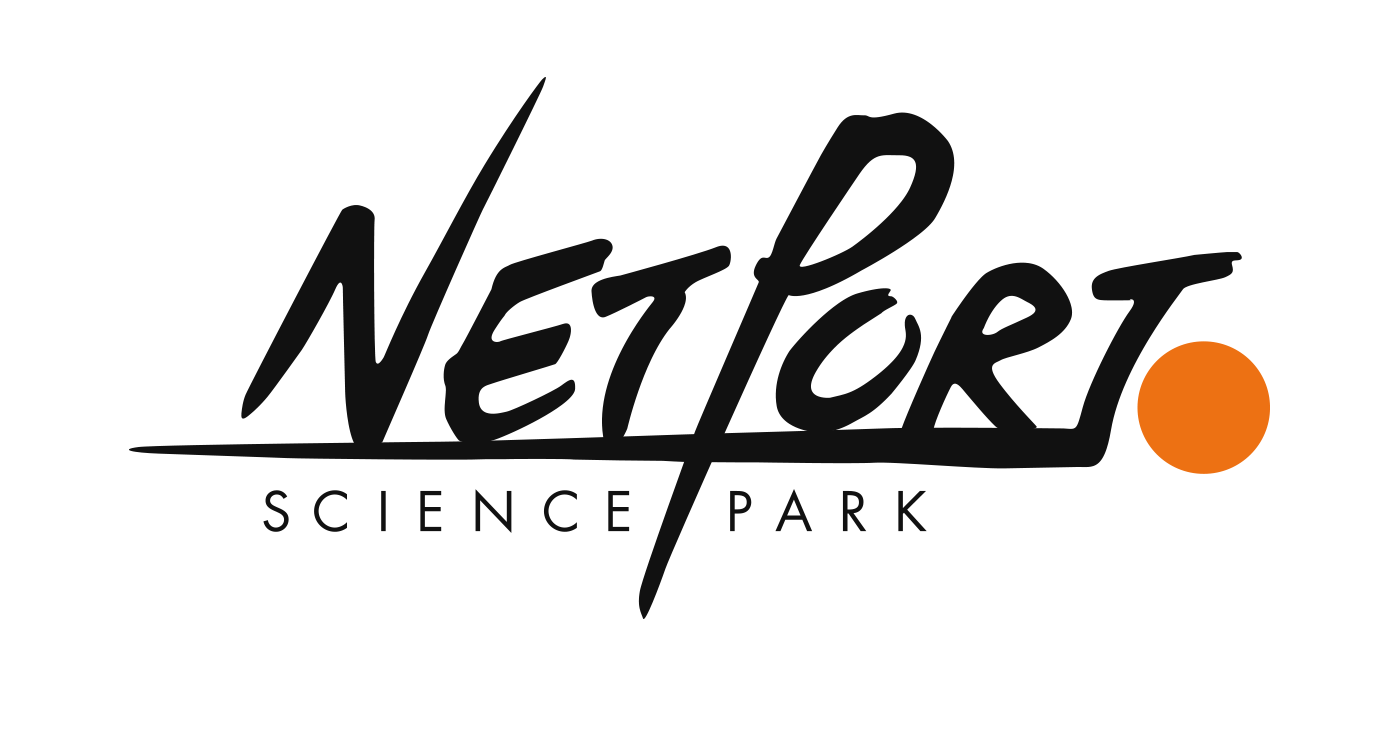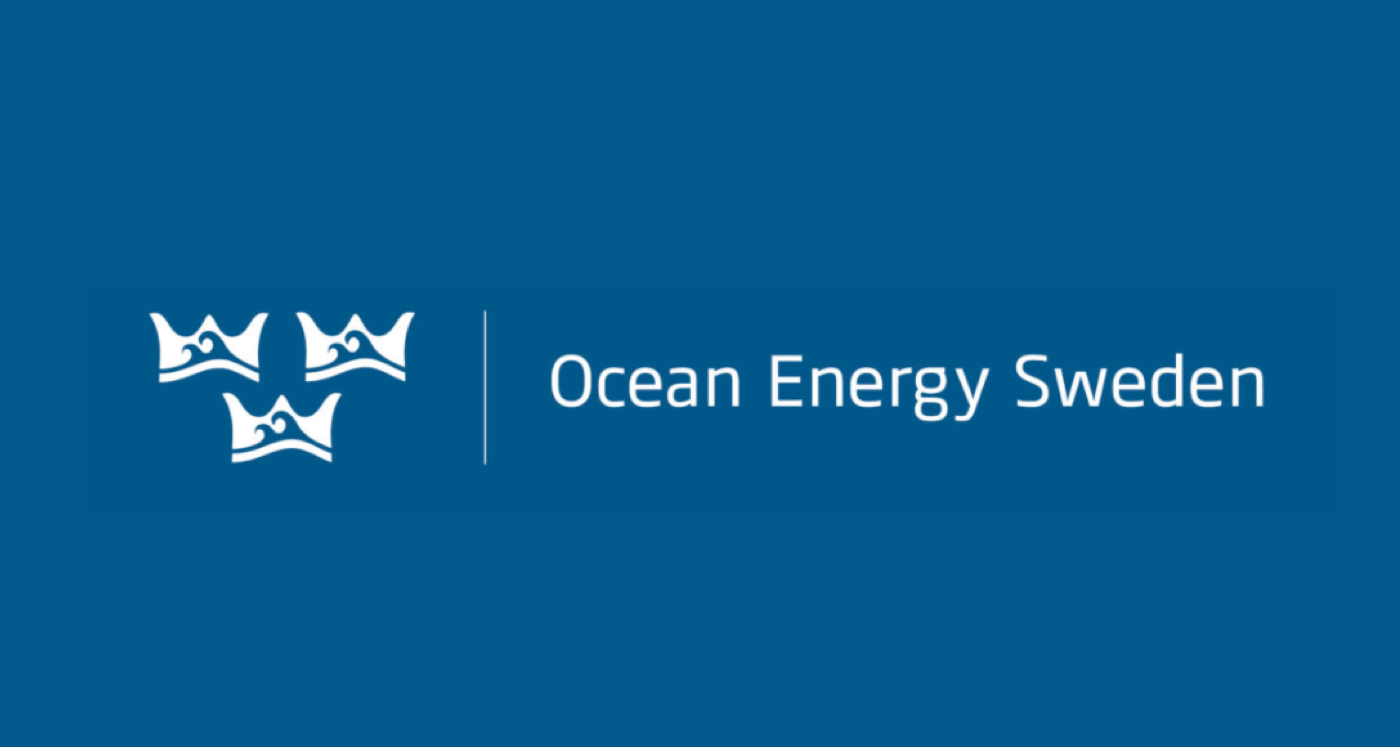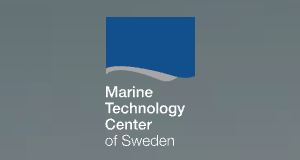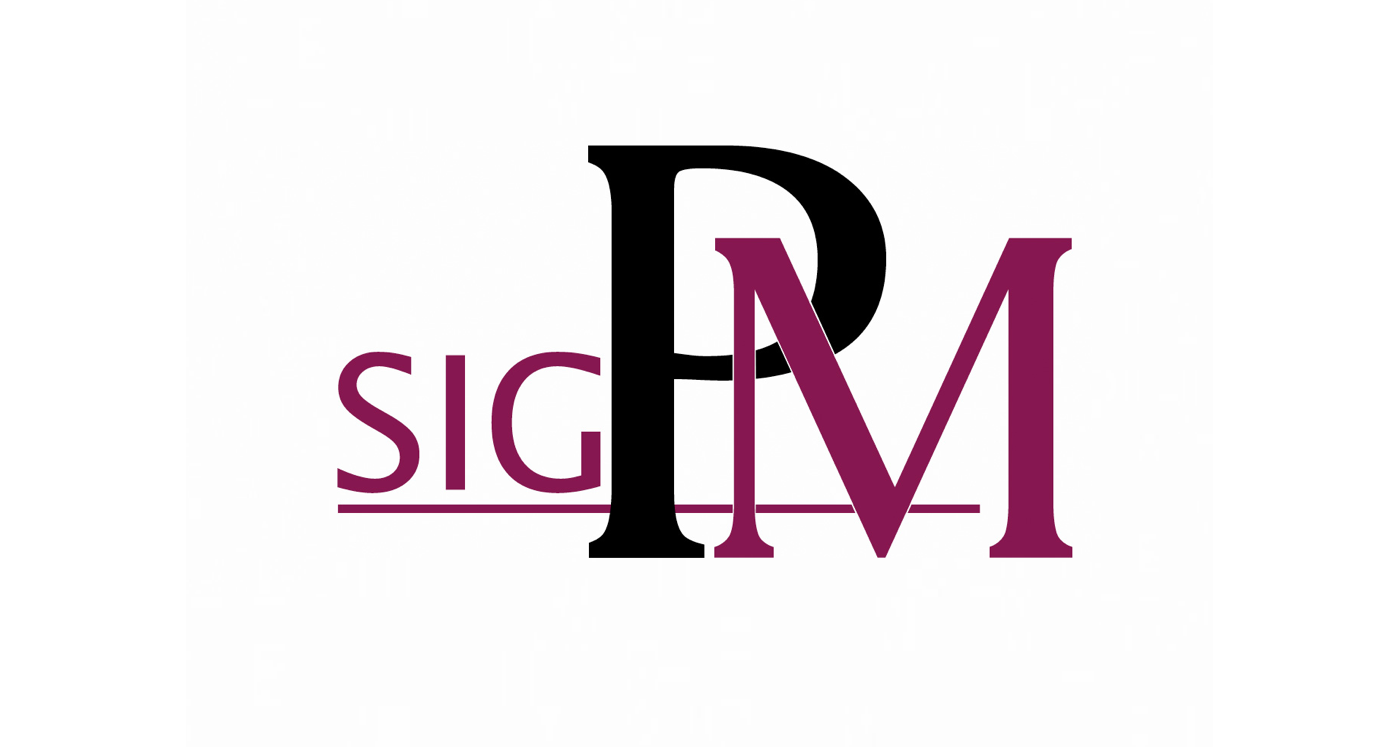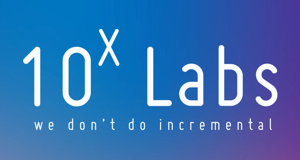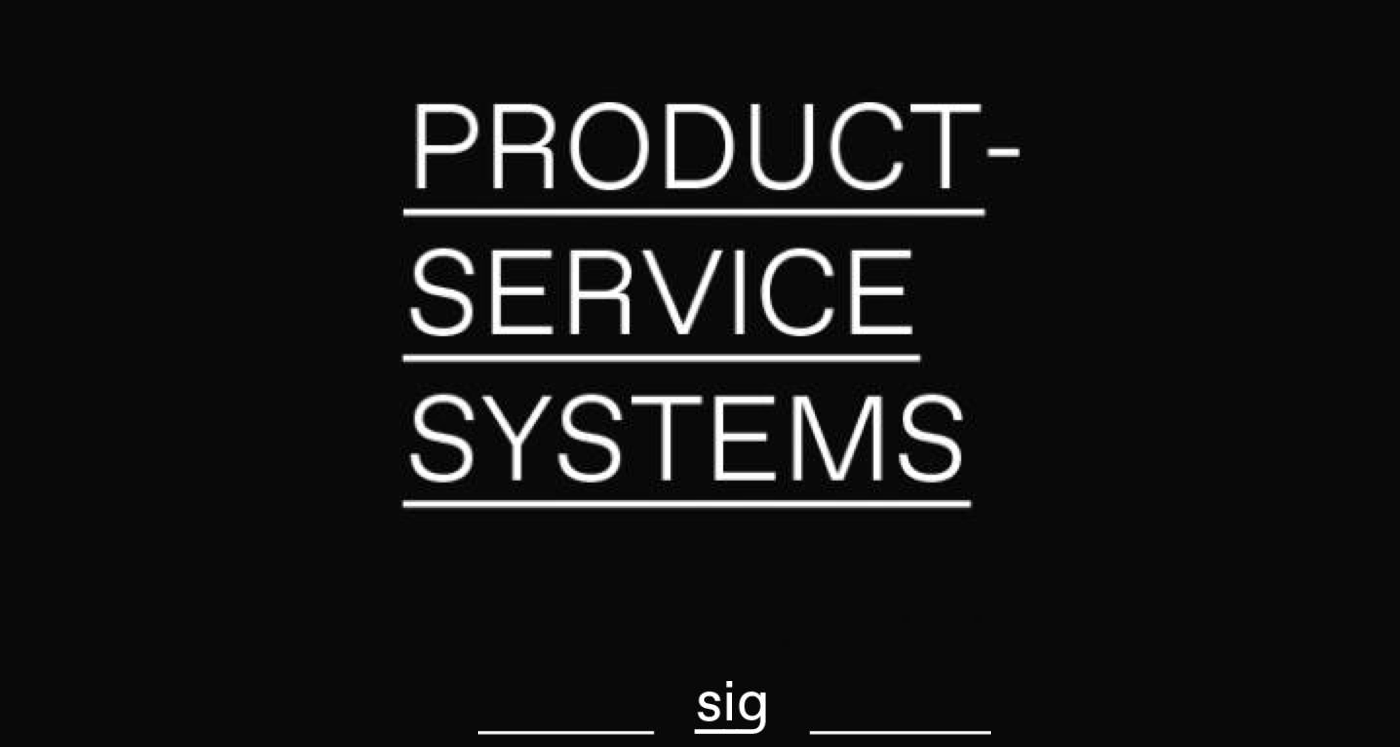Modes of collaboration
There are both formal and informal modes of collaboration, one can look at different 'scale-up' models (example costs are total costs and not counting existing governmental funding). In general can be said that we try to make sure our students gets to apply their skills and competencies “in real life" by hooking them up to real problems. By doing this they get the benefit of understanding the difference in theory vs reality and also an interface towards future employment;
- Student projects (using project time in courses, usually free, but part of course so curricula puts constraints)
- Project courses (entire student teams in projects, 0-200 kSEK in cost, but can provide complete solution delivery)
- Contractual research (50 ksek and up, short, detailed research or implementation project with clear goals)
- Research projects with PhD candidate (800 kSEK/year and means a full-time PhD candidate in research, including supervision)
- Research projects with senior researcher (1200 kSEK/year, PhD with experience in research working on research topic)
- Research team (2000 kSEK/year and up, usually team of researchers, and team of company partners working jointly on research topics of common interest)
The research team model is the best in terms of keeping a sustainable research environment since it usually means that research partners jointly have interest in research topics that they co-fund and share results in non-competitive mode in-between. Also this creates a learning network among partners and possibility to gain understanding from other disciplines of business as well. As a university we are relying on applying for, and receiving, governmental funds for our research. Hence we write applications for research, where we need co-funding partners in this research.
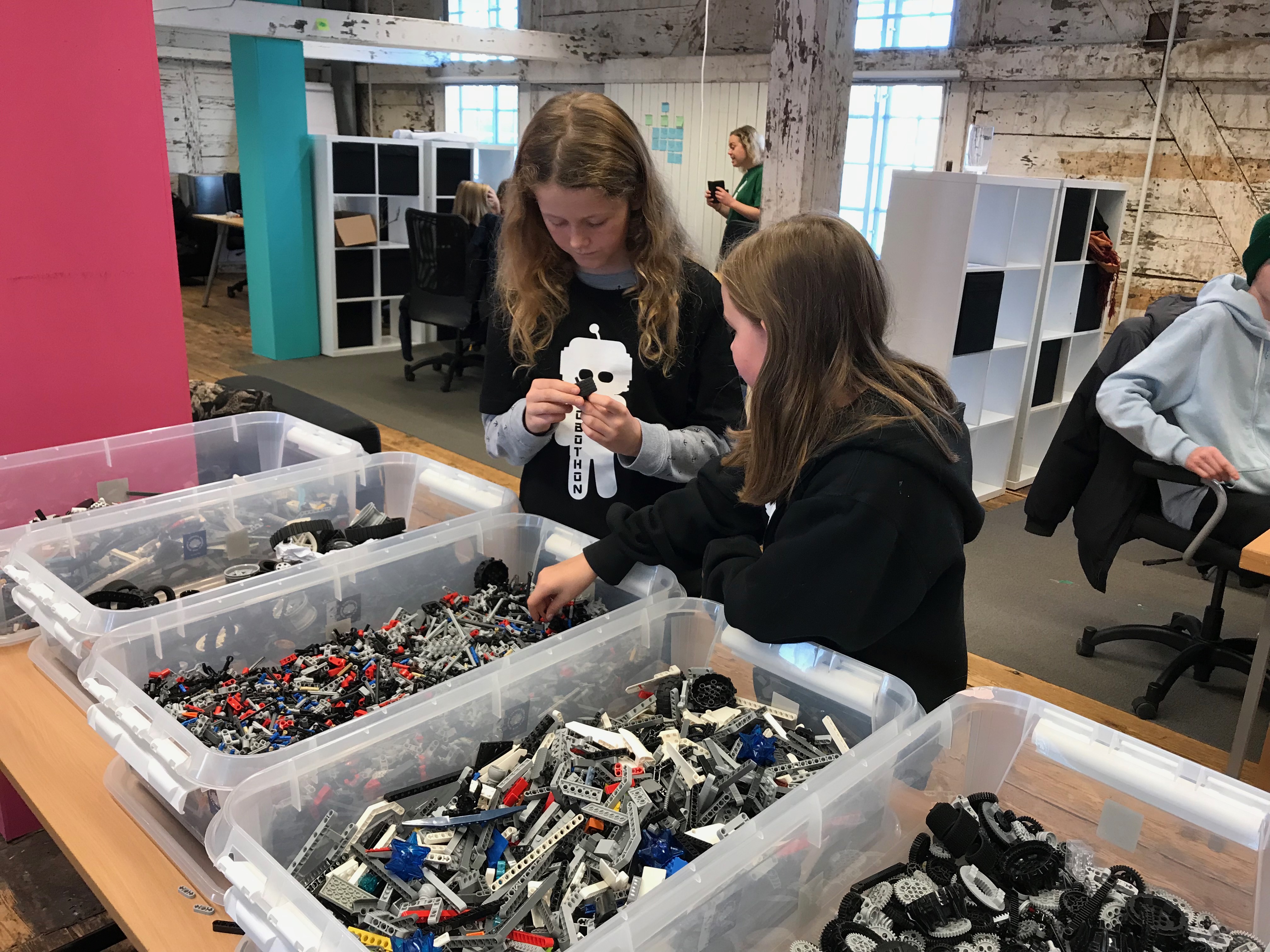
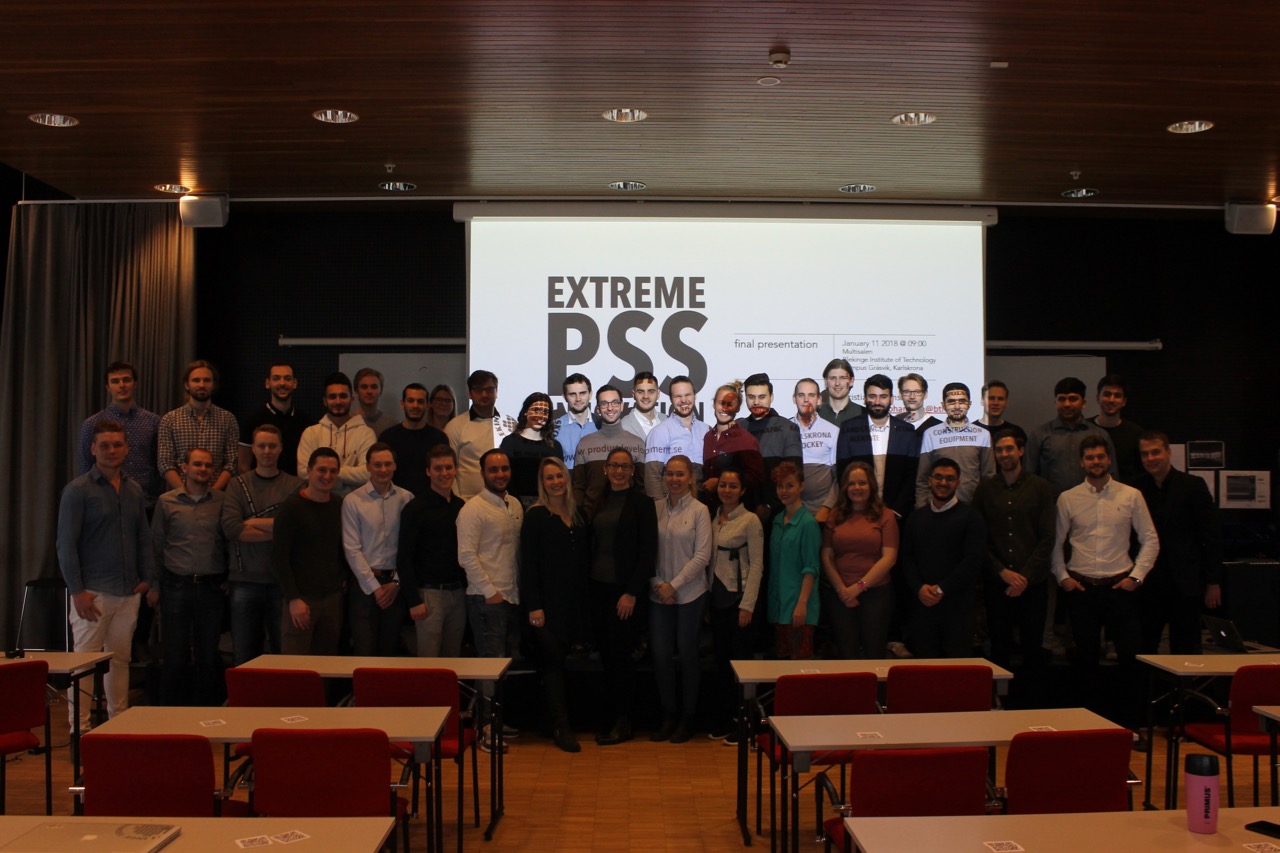
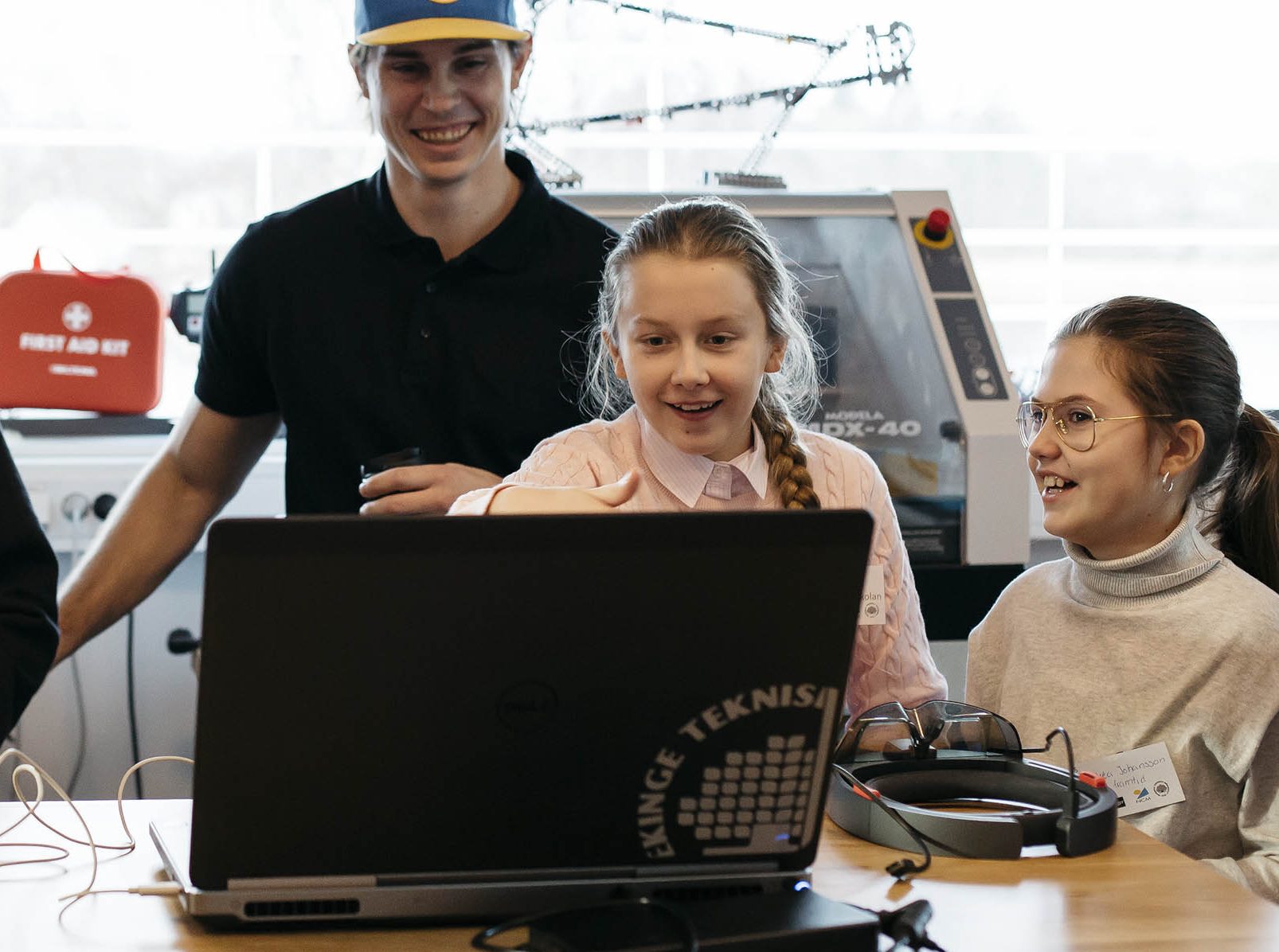
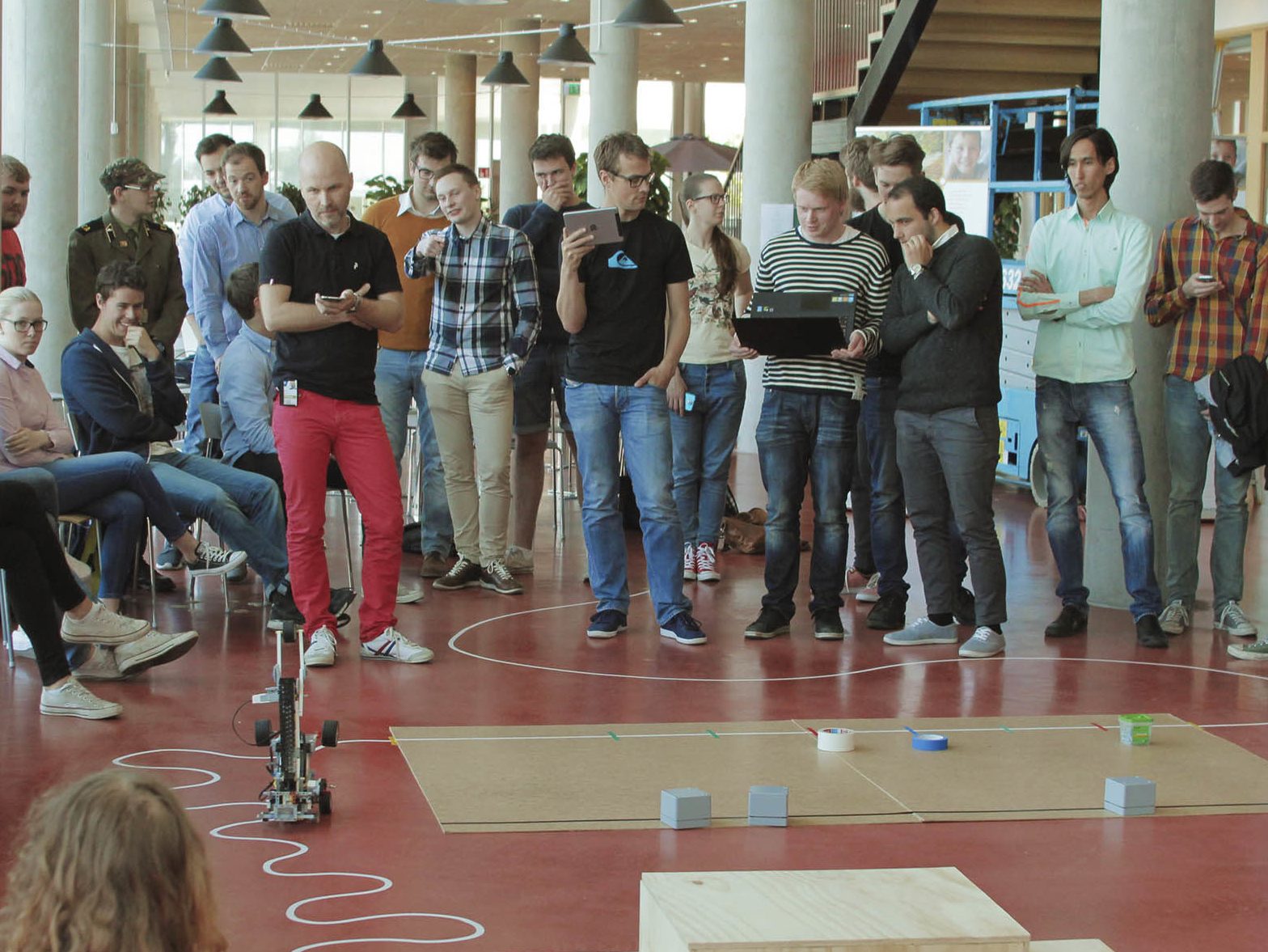
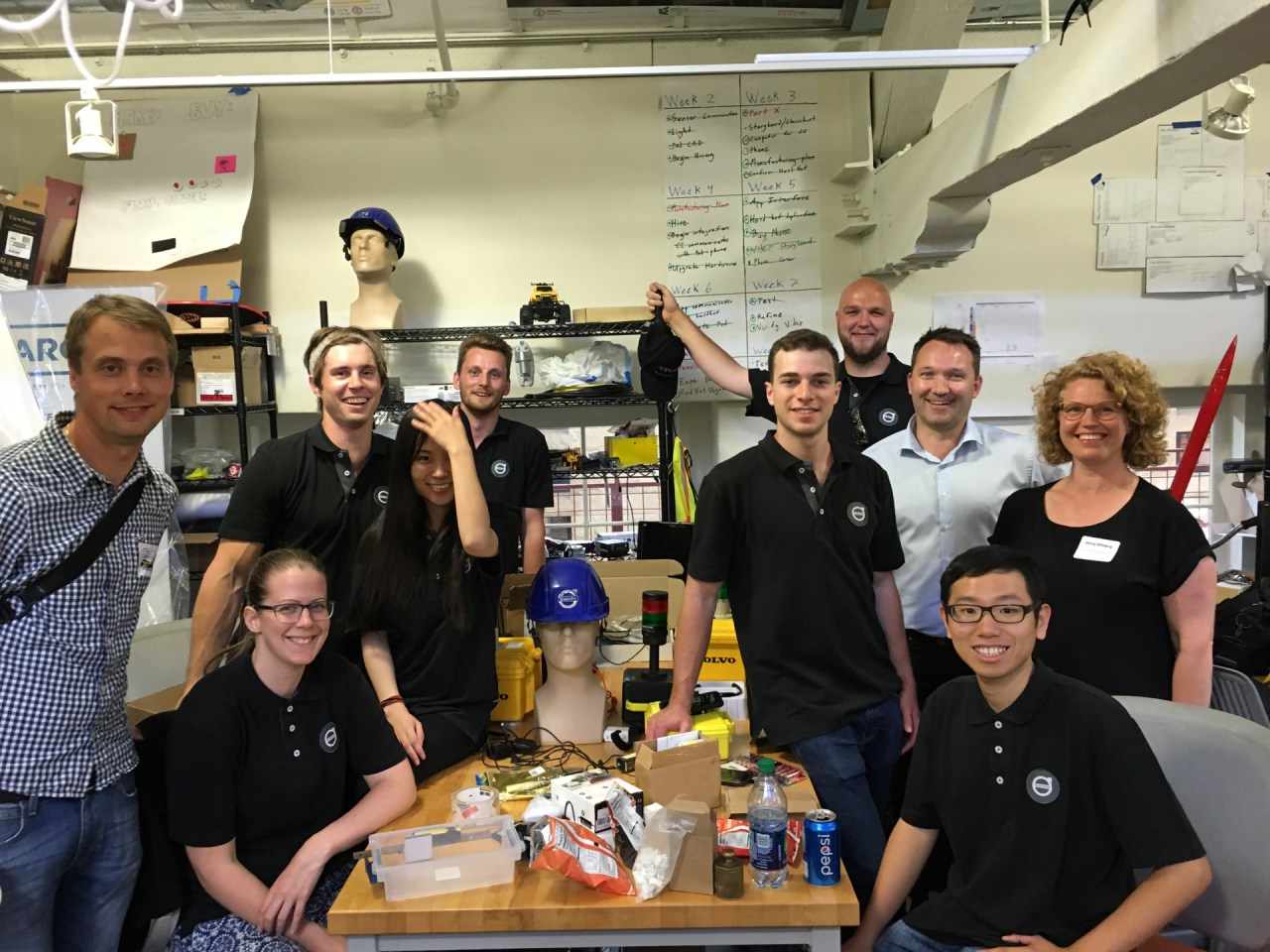
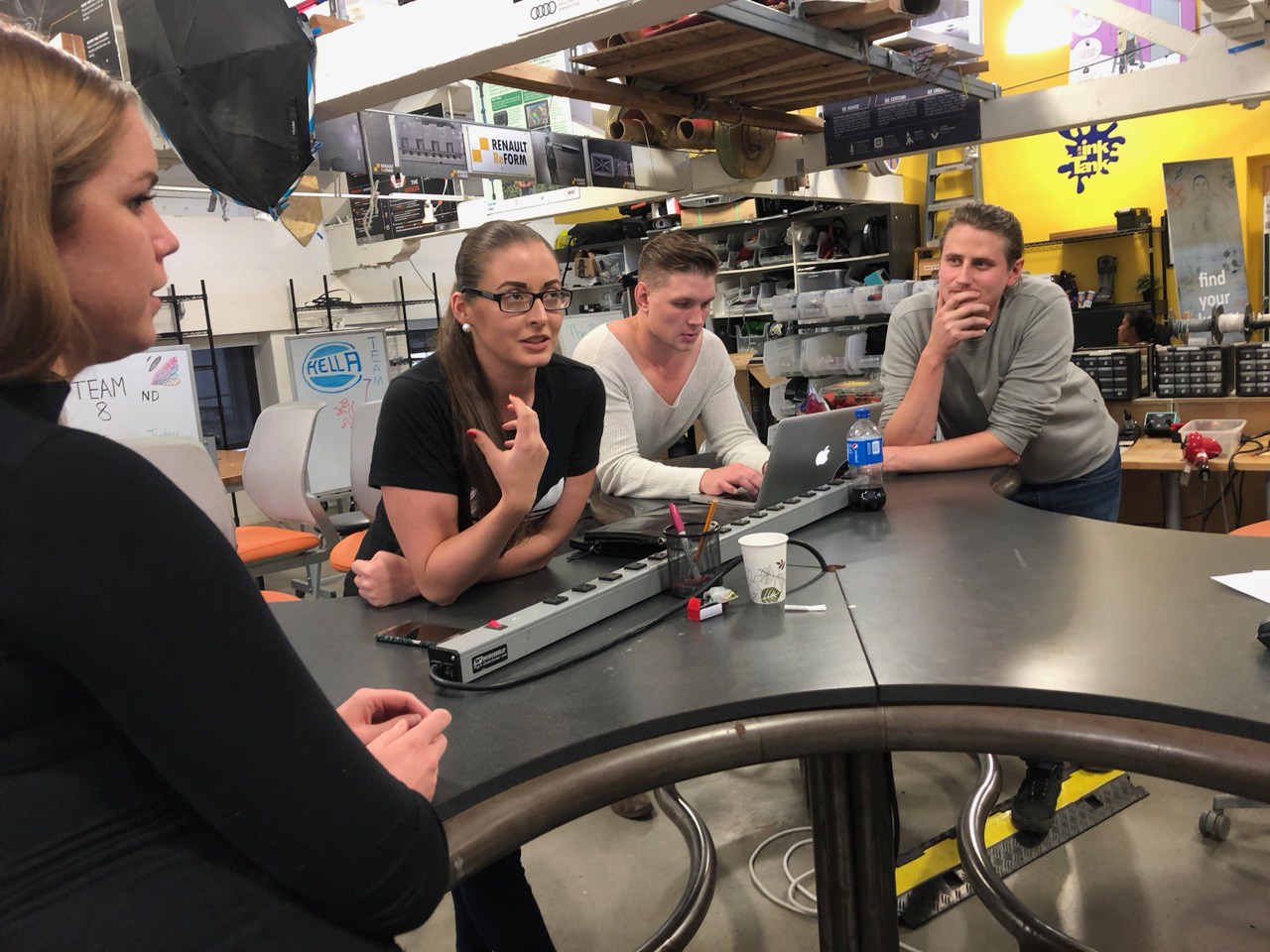
Collaboration contacts
- Student collaboration:
Christian Johansson Askling, christian.johansson.askling@bth.se, +46 (0)455-385576 - Research collaboration:
Tobias Larsson, tlr@bth.se, +46 (0)455 38 55 25 - BTH strategic collaboration:
Andreas Larsson, andreas.larsson@bth.se, +46 (0)455 38 55 55
Collaboration eco system
As university research unit we collaborate in a networked ecosystem in order to have a societal impact and to support getting our research and knowledge out.
Here are some of our partner ventures.
